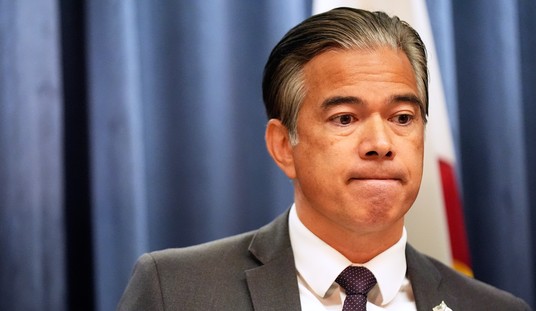Alternate headline: “Confirmed: No one read the bill.”
Speaking to the Huffington Post on Tuesday, Wyden discussed — for one of the first times in public — legislative language he authored which “allows a state to go out and do its own bill, including having no individual mandate.”
It’s called the “Empowering States to be Innovative” amendment. And it would, quite literally, give states the right to set up their own health care system — with or without an individual mandate or, for that matter, with or without a public option — provided that, as Wyden puts it, “they can meet the coverage requirements of the bill.”
“Why don’t you use the waiver provision to let you go set up your own plan?” the senator asked those who threaten health-care-related lawsuits. “Why would you just say you are going to sue everybody, when this bill gives you the authority and the legal counsel is on record as saying you can do it without an individual mandate?”
I went looking on Google to find out how Ed and I could have missed this, and it turns out we didn’t. Everyone missed it. There were precisely two pages of results for “Empowering States to be Innovative” when I searched earlier this afternoon; one of the most comprehensive treatments of the subject, posted six months ago, was this piece, which devoted a paragraph to it. Good work, media. So which “coverage requirements” would a state have to meet to qualify for an O-Care waiver? Here’s the relevant section from the Senate bill; skip ahead to page 212.
(A) will provide coverage that is at least as comprehensive as the coverage defined in section 1302(b) and offered through Exchanges established under this title as certified by Office of the Actuary of the Centers for Medicare & Medicaid Services based on sufficient data from the State and from comparable States about their experience with programs created by this Act and the provisions of this Act that would be waived;
(B) will provide coverage and cost sharing protections against excessive out-of-pocket spending that are at least as affordable as the provisions of this title would provide;
(C) will provide coverage to at least a comparable number of its residents as the provisions of this title would provide; and
(D) will not increase the Federal deficit.
By “comprehensive” coverage, they mean the types of benefits that the federal law guarantees in section 1302(b). See page 103 for the full list. Whether it’s economically feasible to even temporarily sustain a health-care program as bloated as O-Care without a mandate is above my pay grade — wonks are invited to sound off in the comments — but do note that the benchmark here isn’t universal coverage. In 10 years under O-Care, 24 million people will still be uninsured, so a state presumably would only have to do better than that proportionately. As for the requirement that a state substitute would have to lower the deficit like (giggle) O-Care does, do states also get to game the hell out of their numbers the way the White House did to arrive at its own “deficit-reducing” CBO figures? There’s already good reason to believe that deficits will rise by half a trillion dollars under our new entitlement leviathan. Seems unfair to ask states to do better than that.
The goal of this provision, I assume, isn’t to encourage genuine state innovation but simply to score a political point by making ObamaCare seem impressive by comparison. It may well be that states can’t sustainably achieve all of O-Care’s goals (although neither can O-Care), but then that’s the whole debate — what should the goals of health-care reform be as we approach an entitlements crisis? Once you lay down statist rules, you’ve already won the game.








Join the conversation as a VIP Member